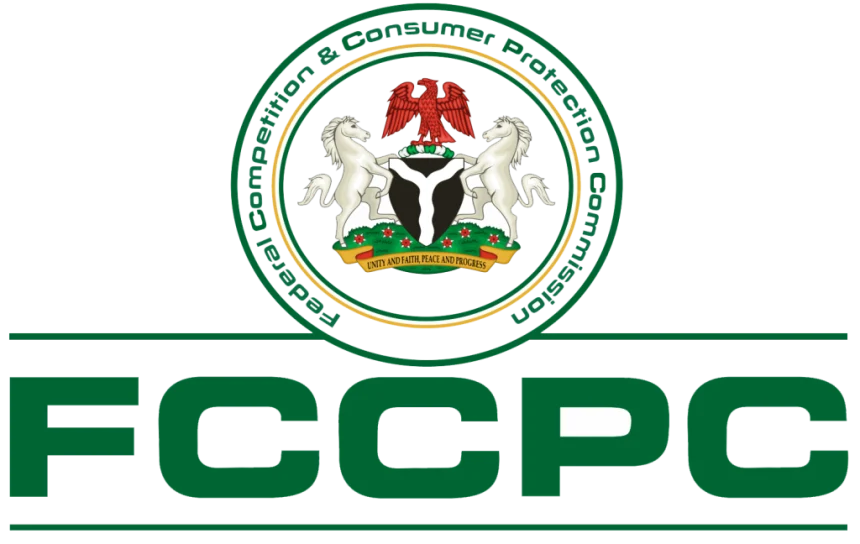
The Federal Government of Nigeria has intensified its scrutiny of MultiChoice Nigeria, the operator of DStv and GOtv, following the company’s announcement of a significant price increase for its subscription packages. Effective March 1, 2025, the hike has sparked widespread consumer outrage and prompted regulatory action, highlighting tensions between corporate pricing strategies and consumer protection in Nigeria’s inflationary economy.
Background: The Price Surge and Its Justifications
MultiChoice Nigeria unveiled updated rates for its DStv and GOtv packages, citing escalating operational costs, naira depreciation, and persistent inflation as primary drivers. This marks the latest in a series of adjustments, with the company emphasizing the need to offset expenses linked to content acquisition, technology upgrades, and currency volatility.
Federal Government’s Response: FCCPC Steps In
The Federal Competition and Consumer Protection Commission (FCCPC), Nigeria’s consumer rights watchdog, has summoned MultiChoice CEO John Ugbe to an investigative hearing on February 27, 2025. The FCCPC seeks clarity on the rationale behind the hike, probing potential abuses of market dominance and recurrent unilateral pricing.
“We are committed to protecting Nigerian consumers from unfair market practices,” an FCCPC spokesperson stated, underscoring concerns over MultiChoice’s dominant market position. Failure to justify the increase could result in sanctions, including fines or mandated price revisions.
Consumer Outcry and Market Dynamics
Nigerian subscribers have voiced frustration over the frequency of price adjustments, contrasting MultiChoice’s approach with more stable pricing in other African markets. Social media platforms and consumer forums buzz with debates over affordability, with many accusing the company of exploiting its near-monopoly in pay-TV services.
“Each price hike pushes entertainment further out of reach for ordinary Nigerians,” lamented Aisha Bello, a Lagos-based GOtv user. Advocacy groups echo these sentiments, urging regulators to enforce stricter pricing oversight.
Detailed Price Adjustments
The revised rates, affecting over 20 million subscribers, include:
- DStv Packages:
- Compact: ₦15,700 → ₦19,000.
- Compact Plus: ₦24,500 → ₦30,000 .
- Premium: ₦29,500 → ₦44,500.
- GOtv Packages:
- Supa Plus: ₦11,400 → ₦16,800 .
- Smallie: ₦3,600 → ₦3,900 .
These adjustments disproportionately impact premium-tier subscribers, raising questions about equity in pricing strategies.
Economic Context and Regulatory Challenges
Nigeria’s inflation rate, which soared to 28.9% in December 2023, coupled with the naira’s steep depreciation, has strained businesses reliant on foreign exchange. MultiChoice, which pays for content in dollars, argues that currency instability necessitates price revisions. However, critics argue the company’s pricing model lacks transparency and fails to reflect local economic realities.
The FCCPC’s collaboration with sector regulators, including the National Broadcasting Commission (NBC), signals a broader push to balance corporate viability with consumer rights. The probe into MultiChoice could set a precedent for how Nigeria’s regulatory bodies address similar disputes in telecommunications and other sectors.
Looking Ahead: Implications and Next Steps
With the FCCPC hearing slated just days before the price hike takes effect, MultiChoice faces mounting pressure to justify its decision. Potential outcomes include negotiated price moderation, enhanced consumer protections, or punitive measures to deter future unilateral increases.
As the March 1 deadline looms, stakeholders await a resolution that could redefine market fairness in Nigeria’s digital economy. For now, the clash underscores the delicate interplay between macroeconomic pressures, corporate strategy, and the imperative to safeguard vulnerable consumers.
Conclusion
The MultiChoice-FG standoff reflects broader debates over equity in Nigeria’s rapidly evolving markets. While companies grapple with inflation and currency woes, regulators must ensure pricing strategies prioritize accessibility and fairness. The FCCPC’s actions will not only shape the future of pay-TV in Nigeria but also test the resilience of its consumer protection frameworks in an era of economic uncertainty.















 and then
and then